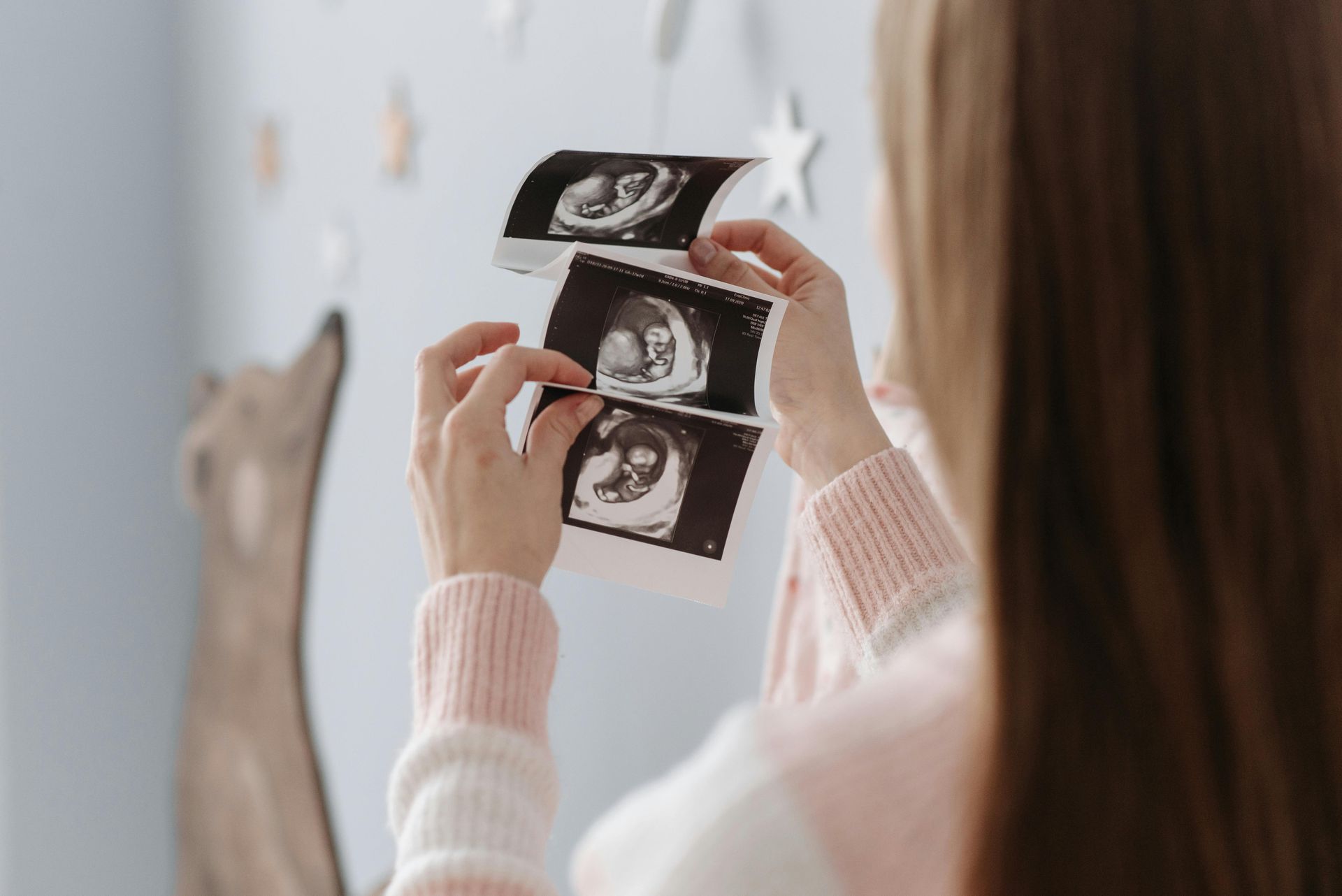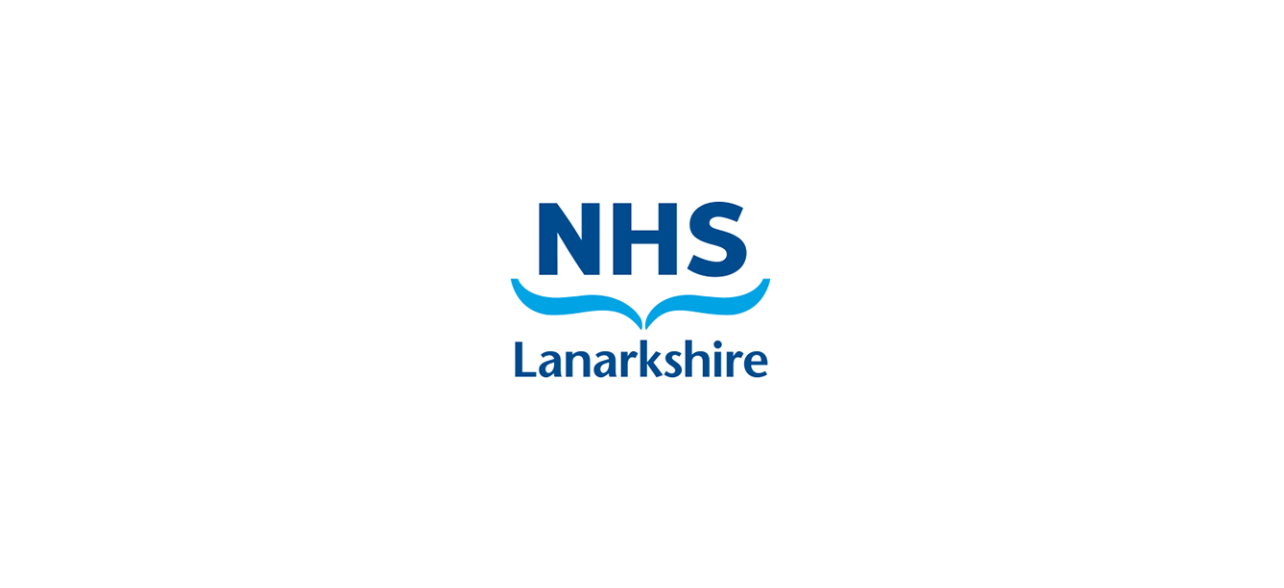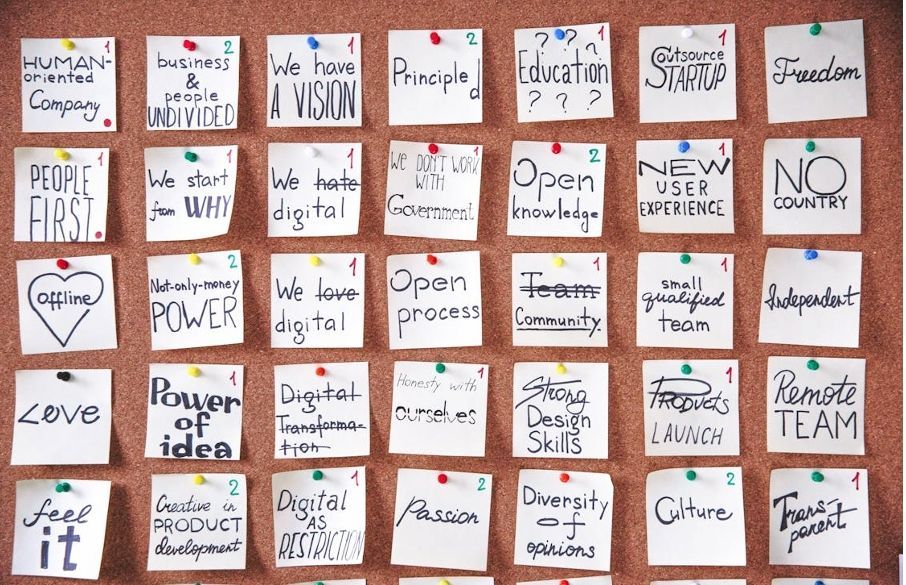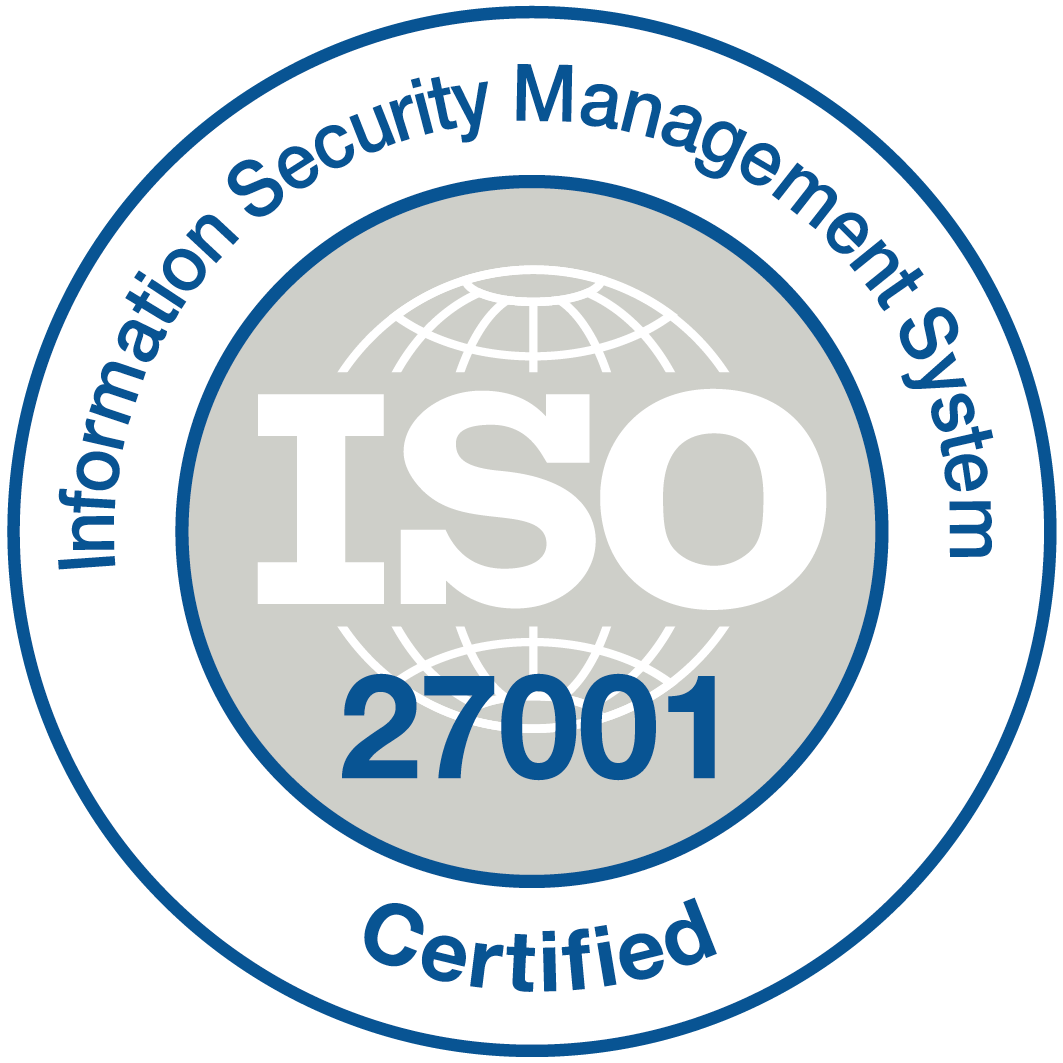by Anthony Dooher - Business Development Manager & Paul Wierzbicki - CIO
Have you wondered how RIS driven reporting handles multiple AI image inputs for a single study?

Whilst at RSNA, and walking the hall with all of the AI vendors, it occurred to me that I hadn't, as yet, considered how we might manage the inevitable scenario of "what happens when a study gets processed by multiple AI engines, all looking at different (and potentially the same) pathologies. And what do we do when we get multiple inputs of AI findings that are contradicting each other for the same study?"
This is a question I put to our CIO Paul Wierzbicki, who of course has already given this consideration and built the management of multiple AI findings into the RIS Reporting Engine workflow. Paul explains how the Aptvision RIS manages this below:
"The Aptvision RIS Reporting Module is dynamically updating in real time based upon new data coming in from modalities to the connected PACS system(s). Often a study will be post processed by an AI engine and we receive a HL7 or DICOM SR update from the AI software itself, giving us a finding status which we map to a normalised scale and filterable severity status within the RIS. The actual finding details are also recorded in a separate field so the radiologist can see what the AI is suggesting it has found.
In the scenario of a single study being passed through multiple AI engines then we will receive the corresponding number of findings. If the findings are all produced via a single AI platform then potentially we will receive a single result with all of the findings or alternatively if the customer has multiple standalone AI engines then we will receive these individually and aggregate the findings.
We recognise the potential for differential findings across these AI engines and therefore have configured the workflow to prioritise the study based upon the highest scoring abnormality flag that we receive. Therefore if 3 different engines process a Chest Xray as an example and two find it normal and one finds an abnormality then the study will be flagged in the RIS as having the highest corresponding level of severity. The other findings are also displayed in the worklist for completeness."

So there you have it. Aptvision RIS is already future proofed for multiple AI inputs, but that reminds me I need to ask about what happens when fully autonomous reporting says a study is normal but another engine disagrees......one for a future update!















